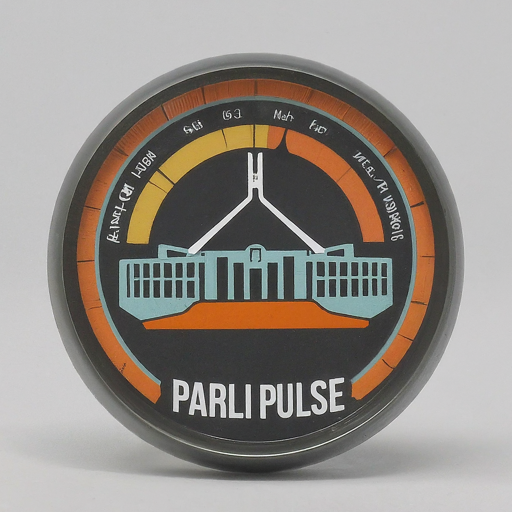Can AI Make Democracy Better? GovHack says Yes
,
I won first place at GovHack 2024 in the “Civic Participation for a More Resilient, Cohesive Democracy" challenge, sponsored by the Australian Department of Home Affairs.
The GovHack weekend
In early September, I spent a weekend participating in GovHack - an annual open government and open data hackathon held in Australia and New Zealand.
I built “ParliPulse” which used AI to analyse political debates in the Australian Parliament House of Representatives to highlight constructive (and divisive) moments.

My thesis was that more accessible data around trends in parliamentary debate could improve democracy and showcase responsible AI use - and it seems the judges agreed!
Disagree Better
Inspired by conversations with GovHack mentors and an initiative from the United States’ National Governors Association - “Disagree Better”: an effort to demonstrate how political debate can be constructive and political opponents can work through their differences to find solutions to the most difficult problems.
How does AI strengthen democracy?
AI analysis of many thousands of debates that go on in Parliament meant I could surface broader trends and other aggregate information (like which topics are more divisive or how does constructive speech change over time).
Here’s an example from the dashboard: a single speech in the House of Representatives on the Cost of Living, and the rating given by the AI LLM (1 - very constructive) as well as a descriptive reasoning as to why that rating was given.

Applying this analysis to 12 months of data shows averages for different subjects, speakers, etc
Average ratings vary by topic. For example, 'Cost of living' discussions show an average rating increase to 3.7 over the past 12 months (from 2.7).

Just a prototype
One of the aspects that makes GovHack so much fun is the speed at which you need to work; but the tight time frame also means no time for polishing, and new technologies like AI can be unpredictable.
If you look at it too closely, you’ll find plenty of areas for improvement (here’s the dashboard).
And while I would love to make this into a real “thing” - the copyright restrictions on Hansard do not allow for commercial reuse, so unfortunately I won’t be able to build on this and turn it into something commercial (for example, supported by ads, or with a professional tier with extra features the general public don’t need).
I would be able to build it as a non-commercial offering, but I would need to find a sponsor who would be willing to cover the costs (I’m not holding my breath on that).
A pity, and another example of how barriers to accessing and (re)using Public Sector Information stifles innovation for public and private benefit.
Let me know what you think, and as always, thanks for reading!